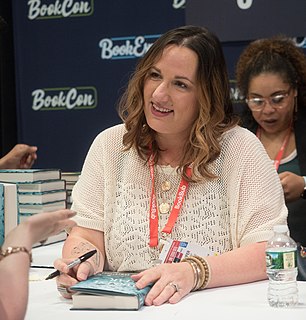A Quote by Graham Swift
There's no such thing as the contemporary novel. Before I seem the complete reactionary, let me add that I've happily joined in many discussions about 'the contemporary novel' where what that usually, unproblematically means is novels that have appeared recently or may appear soon.
Related Quotes
The study of history is a powerful antidote to contemporary arrogance. It is humbling to discover how many of our glib assumptions, which seem to us novel and plausible, have been tested before, not once but many times and in innumerable guises; and discovered to be, at great human cost, wholly false.
I'm not entirely sure what a historical novel absolutely has to be, but you don't want a reader who loves a very traditional historical novel to go in with the expectation that this is going to deliver the same kind of reading experience. I think what's contemporary about my book has something to do with how condensed things are.
Most contemporary novels are not really "written." They obtain what reality they have largely from an accurate rendering of the noises that human beings currently make in their daily simple needs of communication; and what part of a novel is not composed of these noises consists of a prose which is no more alive than that of a competent newspaper writer or government official. A prose that is altogether alive demands something of the reader that the ordinary novel-reader is not prepared to give.
Miss Prism: Do not speak slightingly of the three-volume novel, Cecily. I wrote one myself in earlier days. Cecily: Did you really, Miss Prism? How wonderfully clever you are! I hope it did not end happily? I don't like novels that end happily. They depress me so much. Miss Prism: The good ended happily, and the bad unhappily. That is what fiction means.


































